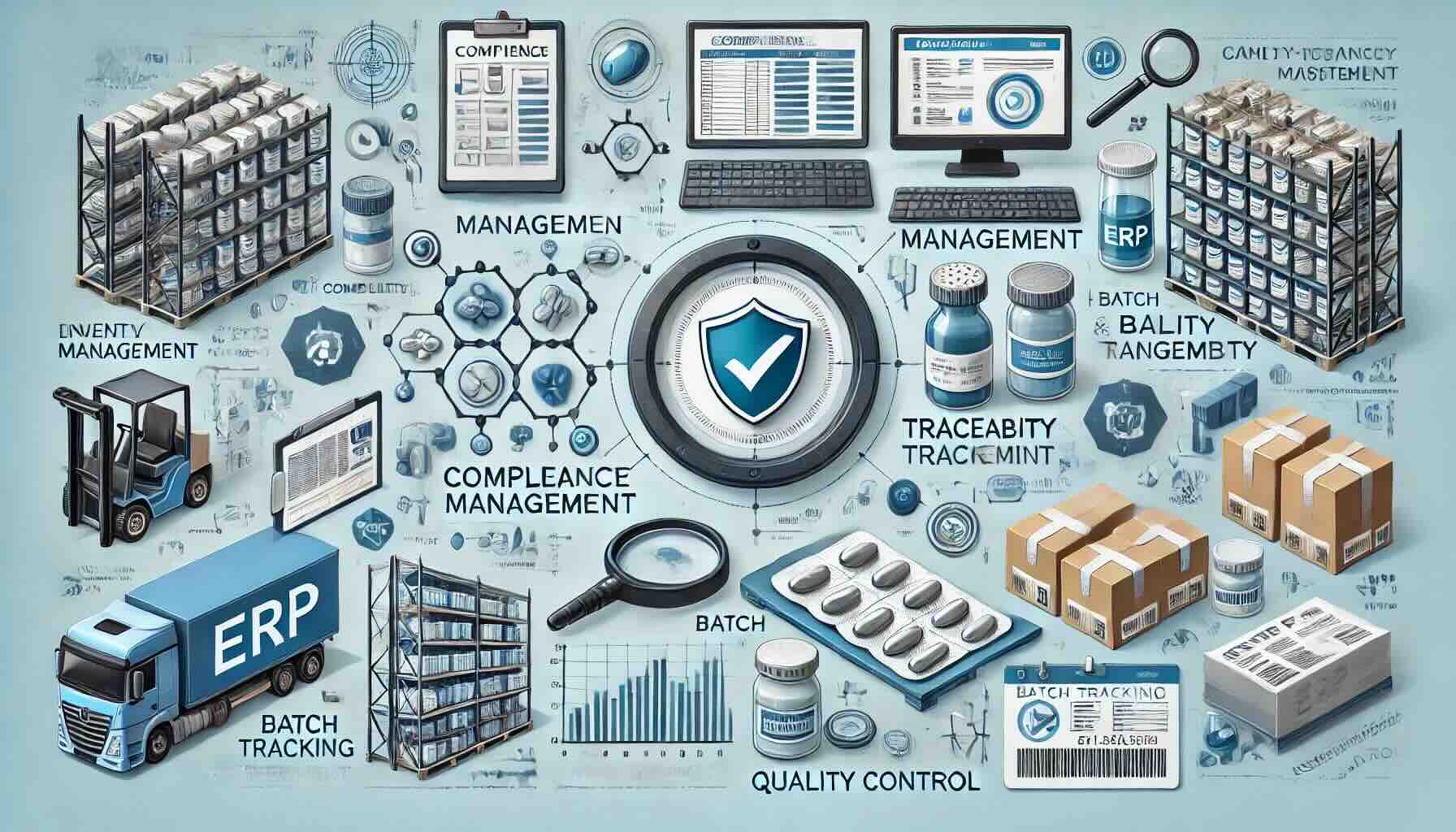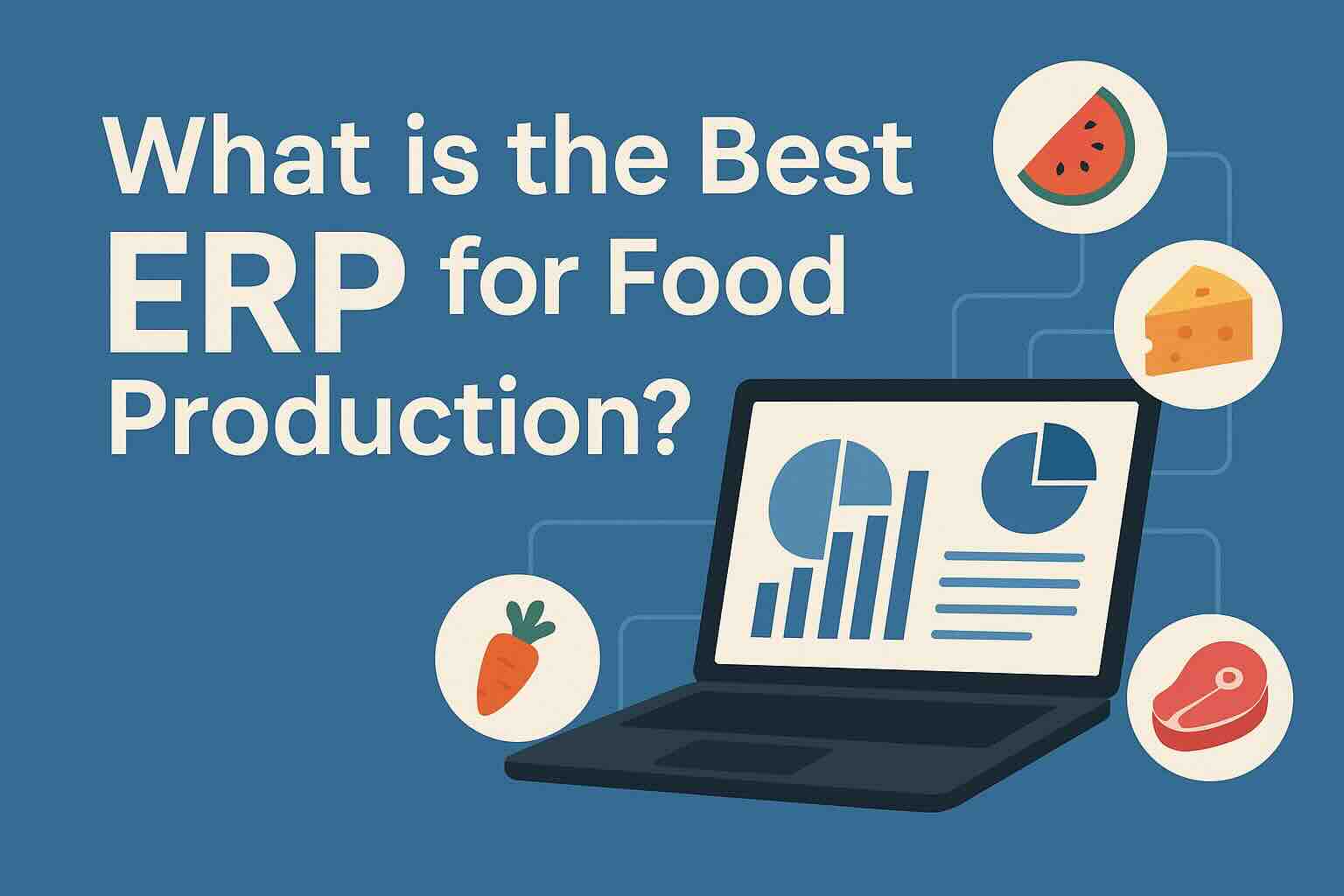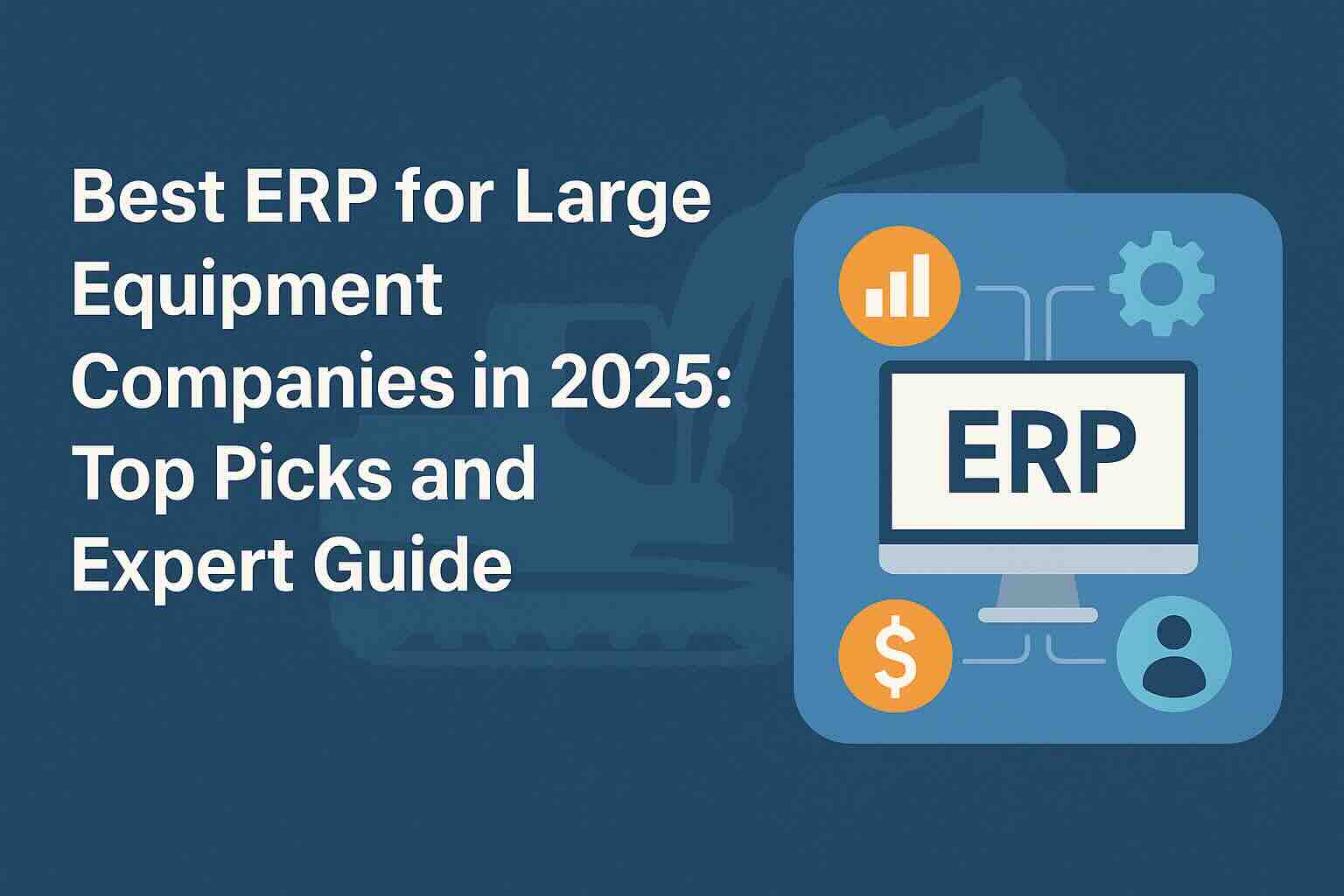Best ERP for Manufacturing Companies: A Comprehensive Guide

In the fast-paced world of manufacturing, having the right tools to manage operations is crucial for success. One of the most important tools is an ERP (Enterprise Resource Planning) system. But with so many options available, how do you choose the best ERP for manufacturing companies? In this guide, we will explore the top ERP systems designed specifically for manufacturing, helping you make an informed decision.
What is an ERP System?
An ERP system is a software solution that integrates various business processes into a single, cohesive system. For manufacturing companies, this means streamlining processes such as inventory management, production planning, procurement, quality control, and financial management. By centralizing these processes, an ERP system can help improve efficiency, reduce costs, and enhance overall productivity.
Why Do Manufacturing Companies Need an ERP System?
Manufacturing companies face unique challenges, including complex supply chains, stringent quality standards, and the need for real-time data. An ERP system addresses these challenges by providing:
- Improved Visibility: Real-time data and analytics give you a clear view of your operations.
- Enhanced Efficiency: Automation of routine tasks reduces manual errors and saves time.
- Better Decision Making: Access to accurate data enables informed decisions.
- Scalability: As your business grows, your ERP system can scale with you.
Top ERPs for Manufacturing Companies
Here are some of the best ERP systems tailored for the manufacturing industry, along with their pros and cons:
1. SAP S/4HANA
SAP S/4HANA is a powerful ERP solution designed for large manufacturing enterprises. It offers advanced features such as predictive analytics, machine learning, and IoT integration. SAP S/4HANA helps manufacturers optimize their operations by providing real-time insights and automating complex processes.
Pros:
- Real-time data processing
- Integrated supply chain management
- Advanced analytics and reporting
- Customizable modules
Cons:
- High implementation costs
- Complex setup and configuration
- Requires significant training
2. Oracle ERP Cloud
Oracle ERP Cloud is a comprehensive solution suitable for both small and large manufacturers. It provides a suite of applications for financial management, procurement, project management, and supply chain planning. Oracle ERP Cloud’s modular design allows manufacturers to choose the specific features they need.
Pros:
- Integrated cloud applications
- Real-time business insights
- Scalable and flexible architecture
- Advanced security features
Cons:
- Can be expensive for small businesses
- Complexity may require dedicated IT resources
- Implementation can be time-consuming
3. Microsoft Dynamics 365
Microsoft Dynamics 365 is an excellent choice for manufacturing companies seeking a user-friendly and customizable ERP solution. It integrates seamlessly with other Microsoft products and offers robust features for inventory management, production scheduling, and quality control.
Pros:
- Intuitive user interface
- Seamless integration with Microsoft Office
- Advanced manufacturing capabilities
- Real-time data analytics
Cons:
- Customization can be complex
- Higher costs for additional modules
- May require third-party add-ons for specific needs
4. Infor CloudSuite Industrial (SyteLine)
Infor CloudSuite Industrial, also known as SyteLine, is specifically designed for small to mid-sized manufacturers. It provides comprehensive functionality to manage production, supply chain, and financial operations. Its cloud-based deployment ensures easy access to data from anywhere.
Pros:
- Industry-specific functionality
- Flexible deployment options
- Comprehensive supply chain management
- Real-time visibility into operations
Cons:
- Can be complex to implement
- Customization options may be limited
- Ongoing maintenance costs
5. Epicor ERP
Epicor ERP is a popular choice among manufacturing companies due to its flexibility and scalability. It offers a wide range of modules to manage production, finance, HR, and customer relationship management. Epicor ERP is known for its ease of use and strong customer support.
Pros:
- Modular and scalable design
- Extensive manufacturing capabilities
- User-friendly interface
- Strong customer support
Cons:
- Implementation can be lengthy
- Customization can increase costs
- May require additional training for staff
How to Choose the Best ERP for Your Manufacturing Company
Selecting the best ERP for your manufacturing company depends on several factors:
- Business Size: Consider an ERP system that can scale with your business.
- Industry Requirements: Choose an ERP that offers features specific to your industry.
- Budget: Determine your budget and look for an ERP that offers the best value.
- Implementation Time: Consider the time required for implementation and training.
- Vendor Support: Ensure the ERP vendor provides strong customer support and training.
Conclusion
Choosing the best ERP for manufacturing companies is a critical decision that can significantly impact your operations and bottom line. SAP S/4HANA, Oracle ERP Cloud, Microsoft Dynamics 365, Infor CloudSuite Industrial, and Epicor ERP are all excellent options, each with its unique strengths and weaknesses. By considering your specific needs and conducting thorough research, you can find the ERP system that will best support your manufacturing business’s growth and success.
To compare these ERP solutions and many more, you can use our new AI-powered Compare ERP tool. It’s free to use and you get a guaranteed discount on your first year’s licence fees with a referral from Compare ERP.









